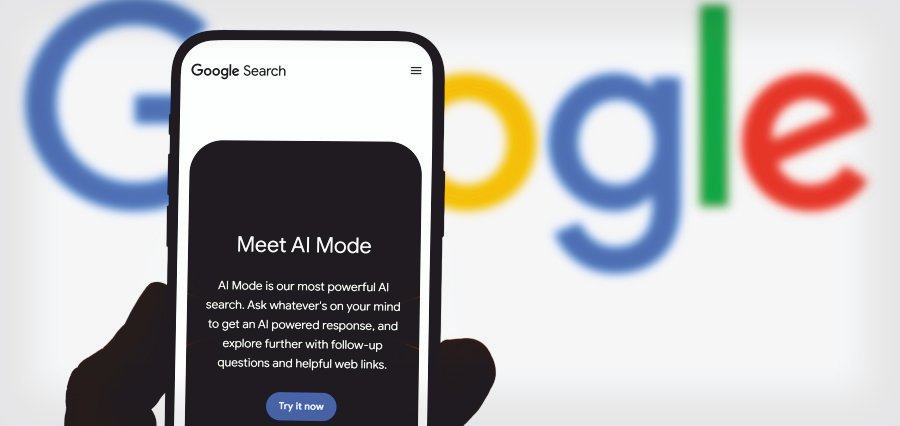Prime Highlights:
- Google has upgraded its AI Mode in Search with agentic features that let users book event tickets and beauty or wellness appointments directly from search results.
- The enhancement allows for natural, follow-up questions and personalized results, offering a more interactive and efficient search experience.
Key Facts:
- The new booking capability is available in the U.S. via Search Labs and to subscribers of Google AI Pro and Ultra plans with higher usage limits.
- AI Mode, first launched in March, now operates in over 180 countries and includes features like Canvas planning tools and Google Lens integration.
Background
Google announced on Tuesday that it is expanding the abilities of its AI Mode in Search with new agentic capabilities that can help users book event tickets and beauty or wellness appointments. The feature lets users ask detailed follow-up questions directly in Search and get personalized results instantly.
For example, a user can say, “Find me two cheap tickets for the upcoming Shaboozey concert. I prefer standing floor tickets.” AI Mode searches different websites, picks the best options, and shows a list of ticket prices. When the user picks one, AI Mode takes them straight to the booking page to finish the purchase.
The new capability is currently available in the United States to users enrolled in Search Labs, Google’s experimental platform for testing upcoming features. Those subscribed to Google AI Pro and Ultra plans will also have access to higher usage limits.
Google first introduced agentic tools to AI Mode in August, allowing people to find and book restaurant reservations based on preferences such as cuisine, location, time, and party size. For instance, users can ask, “Find me a dinner reservation for three people this Friday after 6 p.m. around Logan Square. Craving ramen or bibimbap.”
AI Mode was initially launched in March as part of Google’s effort to compete with Perplexity AI and OpenAI’s ChatGPT Search. Since its debut, it has expanded to over 180 countries, adding new functions like Canvas, which helps users plan studies and organize information, and Google Lens integration, enabling AI-powered searches based on on-screen visuals.
Google said the feature is still experimental, but it uses its main safety and quality systems to provide reliable information.




